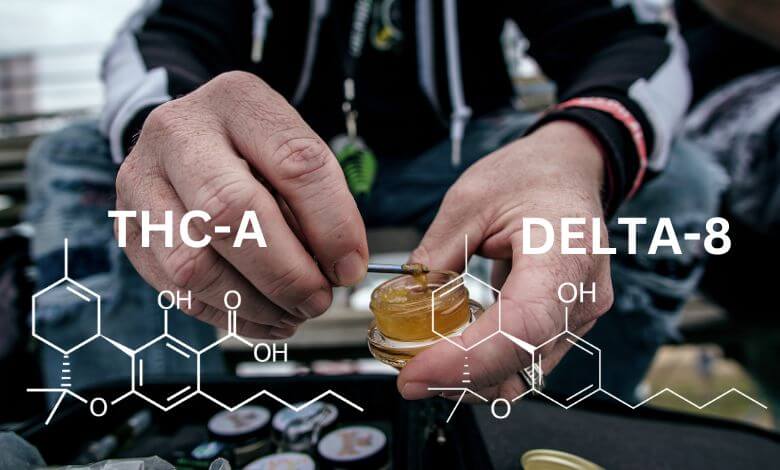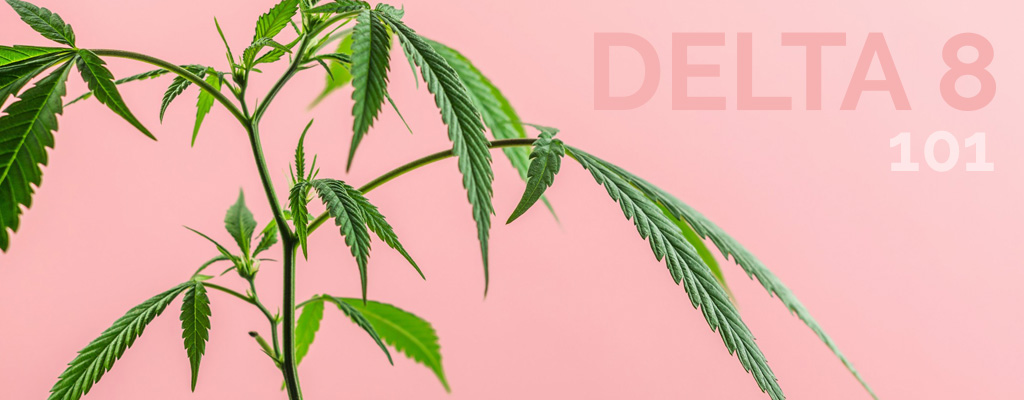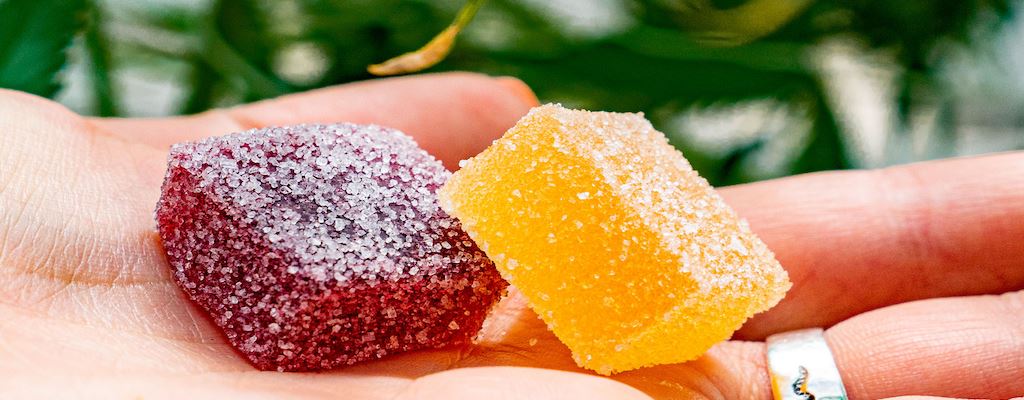Regarding cannabinoids, THCA and Delta 8 are two compounds that are gaining attention for their unique properties. THCA, the precursor to THC, is known for its non-intoxicating nature, while Delta 8 offers a milder psychoactive experience compared to its more famous cousin, Delta-9 THC. This article will delve into the differences between THCA and Delta 8 in terms of their sources, effects, potency, legality, and availability.
Source:
Both THCA and Delta 8 are naturally occurring cannabinoids found in Cannabis sativa. However, while THCA is readily available in its natural form, Delta 8 needs to be converted from CBD due to limited natural resources. This distinction makes THCA more accessible to consumers, as Delta 8 production requires additional processing steps. It is possible that in the future, cannabis plants high in Delta 8 could be bred, but for now, THCA remains the primary choice for those seeking a natural cannabinoid experience.
Effects:
THCA does not deliver psychoactive effects on its own, as it needs to be heated to convert into THC for the intoxicating effects to take place. On the other hand, Delta 8 offers a milder psychoactive experience than Delta-9 THC, making it a popular choice for those looking for a more subtle high. While most users may not notice a significant difference between the effects of Delta 8 and converted THCA, connoisseurs of cannabinoids may appreciate the nuanced distinctions. THCA is known to provide the full spectrum of effects expected from THC, while Delta 8 is perceived as slightly less potent. Ultimately, the choice between THCA and Delta 8 comes from personal preference and desired effects.
Potency:
When it comes to potency, THCA reigns supreme over Delta 8 once it is converted into THC. While Delta 8 may excel in certain aspects, such as promoting better sleep, THCA generally delivers a potent high. If you are looking for a stronger psychoactive experience, THCA is likely the better choice compared to Delta 8.
Legality:
Navigating the legal landscape of cannabinoids can be challenging, but both Delta 8 and THCA are typically considered legal under the category of “industrial hemp,” according to the 2014 and 2018 Farm Bills. The main difference in terms of legality lies in the fact that THCA converts into THC, while Delta 8 does not undergo this conversion process. However, since THCA is not sold in its converted form, this distinction is not a significant factor in their legal status. It is important to note that laws and regulations regarding cannabinoids can vary by jurisdiction, so it’s advisable to check the specific rules in your area before deciding between Delta 8 and THCA.
Availability:
Delta 8 and THCA can be purchased online and available in all 50 states. However, due to the growing popularity of THCA, you may find a more extensive selection of THCA products compared to Delta 8. Some brands may start to phase out Delta 8 products in favor of THCA, leading to potential differences in availability over time. Additionally, certain regions may have specific laws or regulations that impact the availability of THCA, Delta 8, or both, so it’s essential to stay informed about local regulations when considering your options.
Is THCA Stronger Than Delta 8? – Conclusion:
THCA and Delta 8 offer unique benefits and effects but cater to different preferences and desired outcomes. THCA, with its potent psychoactive effects once converted into THC, is a popular choice for those seeking a strong high. On the other hand, Delta 8 provides a milder psychoactive experience, making it a favorable option for individuals who prefer a gentler high. The legality of both cannabinoids is generally similar, with both falling under the category of industrial hemp, but it’s crucial to be aware of any specific regulations in your area.
Ultimately, the choice between THCA and Delta 8 comes from personal preference, desired effects, and availability. Whether you opt for the potent high of THCA or the subtle experience of Delta 8, both cannabinoids offer a unique and exciting way to explore the world of cannabis-derived compounds.



